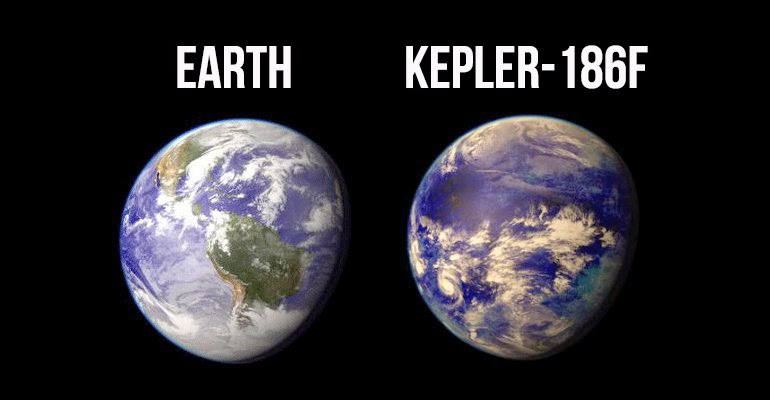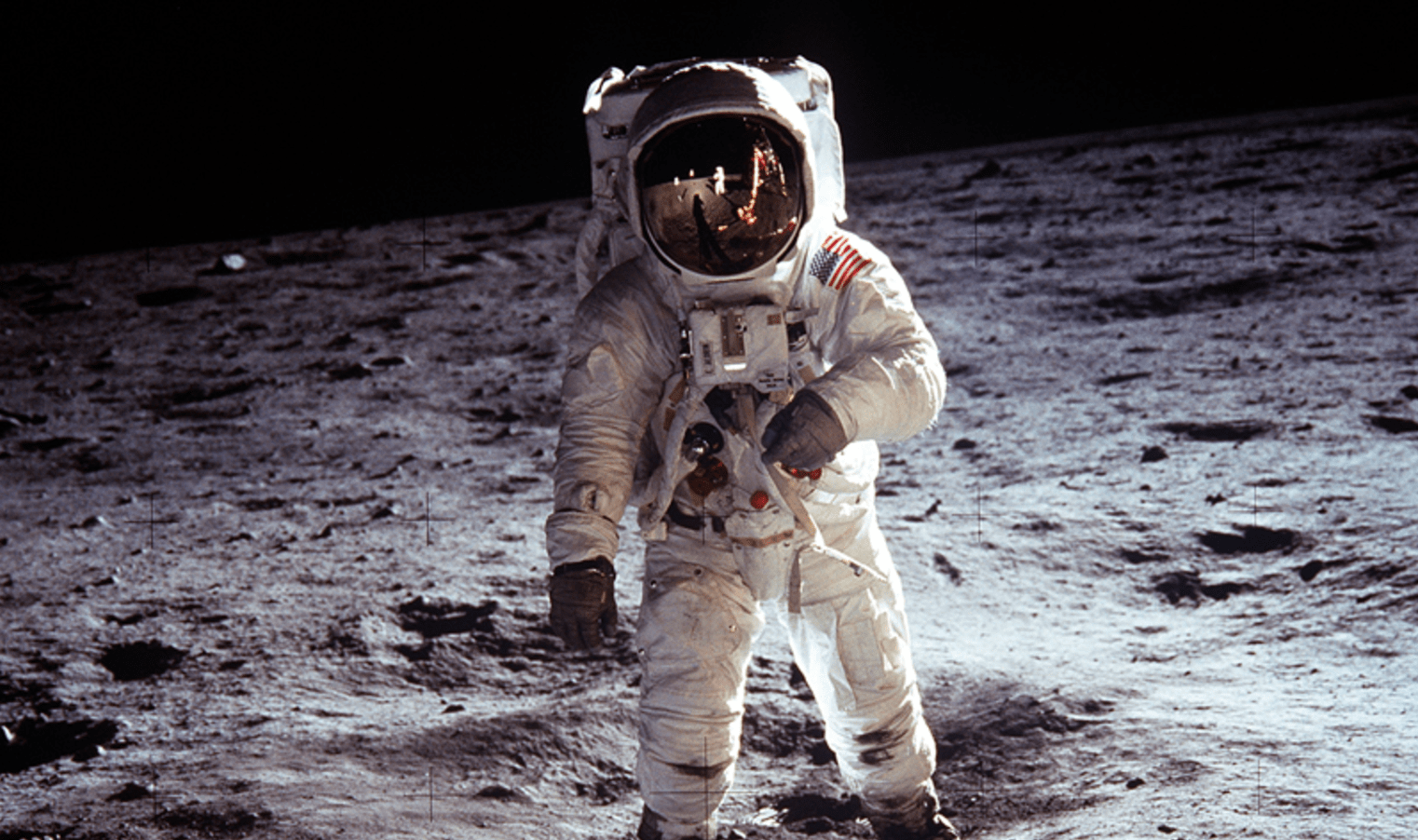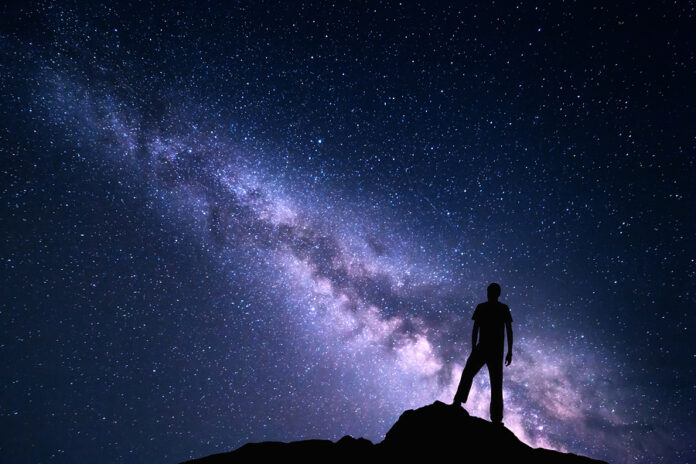By Nickolas Dinos,
The narcissistic nature of the human civilization is as evident as it can get when it comes to discussing the possibilities of life existing outside of Planet Earth. People in powerful positions seem not to want to talk about it. The need of renounced and award-winning astrophysicists as well as religious leaders and politicians around the world of looking further than one’s realm of reality to discover the truth of this world, tends to sound like a bizarre idea. In a universe where NASA scientists believe that up to a billion other planets are approximately the size of Earth and orbit familiar-looking yellow-sunshine stars in the orbital “habitable zone” that could possibly have liquid water in the surface, is the thought of alien life really such a stretch?
The need for a better and more precise phrasing of this question would lead to quote the great theoretical physicist and former Chair of Harvard’s Department of Astronomy, Avi Loeb: “Throughout the expansive space and over the lifetime of the Universe, are there now or have there ever been other sentient civilizations that like ours explored the stars and left evidence of their efforts? So, let me ask: Are we alone?”
A billion other possible earths over the entire cosmos might actually be an understatement as NASA scientists describe that number as a conservative hypothesis whereas the actual number might be 300 trillion. It is estimated that half of the sun-like stars that we are currently aware of, have a planet of a similar size as Earth and roughly at the same distance from their respective solar system, sun-like star. Considering that this evidence is based only on the studies of the Milky Way Galaxy and bearing in mind the millions of galaxies that exist in space, do humans really have a reason to feel so special?

There are many arguments to take into account when discussing such an intricate issue. First, we must reflect on the very clear and concrete limitations of the human mind. For some reason, we are created -or genetically wired- not to be able to comprehend concepts that are of great substance to the truth of this world. The human mind cannot understand the concept of death and is unable to research or scientifically approach what the meaning of death is for the consciousness. The same feeling of mental paralysis and all-around genuine inability to understand, can also be detected when the human mind tries to make sense of concepts such as the expansiveness and the linear infinity of space. Humans are truly unable to understand how space has no beginning and no end. Considering the great scheme of things that are constantly happening in the cosmos, it is most likely that humans will never be capable of truly understanding the fundamental realities of this world.
Another issue to take into consideration is the incredibly confusing status of time when discussing the cosmos. As established, the human mind is unable to truly comprehend how time -or its perception of time- works. The solar system that Earth is part of, exists for approximately 4.5 billion years. Sun-like stars are considered a prerequisite for the existence of life as we understand it through the chemistry that it appears like on Earth. There is an infinite number of stars that could be classified as “Suns” in their respective solar systems. Out of all these Suns, the “Sol” star that we identify as the sun is a relatively young one, meaning that most stars that operate in the same manner as our sun are a couple billion years older. Since there are at least a billion other planets like Earth that could reside inside the habitable zone of a more ancient Sun-like star, it could be entirely possible that other forms of life could have appeared many years earlier than life on earth.
Humans on this earth have existed for about 200.000 years. Civilization as we know is only about 6.000 years old. Since the time of the Ardipithecus who lived in Africa and one would probably associate more with an ape rather than a human, hominines have come a long way through evolution and important technological advances. In the 6.000 years that civilization has existed, humans have gone from riding horses and yielding swords to exploring the universe through aircrafts and mastering nuclear power. Modern technology is only 100 years old and is evolving exponentially on a three-year timescale. Over those 100 years, the technological achievements have been extraordinary and they do not seem to be stopping anytime soon. But the entire human history and even more so the 100-year long period of humanity’s greatest technological advances are nothing more than a mere moment in the history of the infinite cosmos.

As mentioned above, the Sun is relatively late at the Star formation history of the Universe. Most of the sun-like stars have existed long time ago and some of them have even completed their billion-year-old cycle transcending to their death by becoming white dwarfs. If a civilization which is similar to ours ever existed in a much earlier time in the universe’s history and had developed in a similar way to humans, would we ever know about it? If intelligent species from other planets had developed similar technology to ours and have done so for billions of years, how would that technology look like? Could we even have been able to comprehend it?
Imagine how our technology would look like to the great inventors of the Renaissance or the brilliant philosophers of Ancient Greece. Now imagine how much human technology would progress if we existed for billions of years considering what we have been able to do over the course of a 100 year period. To modern day humans it would be like magic, an approximation of God.
Currently, there is no true evidence of life outside of earth in any form. But with every large stride we take in the endless chaos of the universe, we seem to be edging closer and closer with facing the unavoidable facts of statistical possibilities. Therefore, those tend to suggest that the likelihood of earth being the only place that could support life in an infinite universe are not that many. And perhaps the reason we cannot support the argument that life exists somewhere else is because we are actually pretty average forms of life residing in a pretty uninteresting part of the universe and no one bothers to look at us.
References
- Achenbach, J, NASA estimates 1 billion “Earths” in our galaxy alone. Available here.
- Clery, D, Forbidden planets: Understanding alien worlds once thought impossible, Available here.
- Lex Fridman, Avi Loeb: Aliens, Black Holes, and the Mystery of the Oumuamua | Lex Fridman Podcast #154, Video, Available here.
- Loeb, A, Extraterrestrial: The First Sign of Intelligent Life Beyond Earth, Houghton Mifflin Harcourt
- Solstation, Stars and Habitable Planets. Available here.




